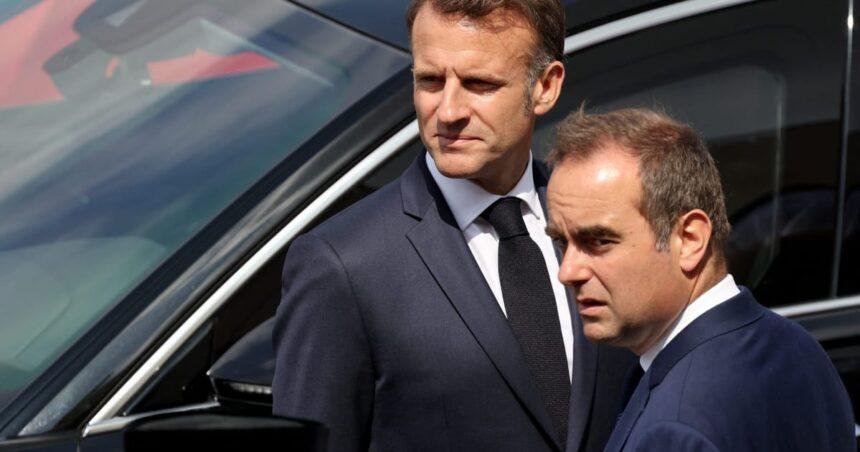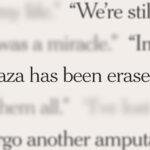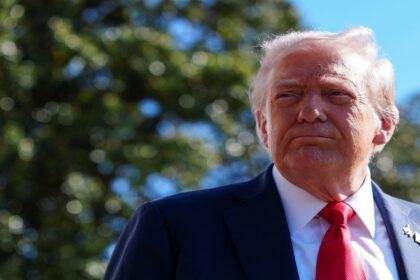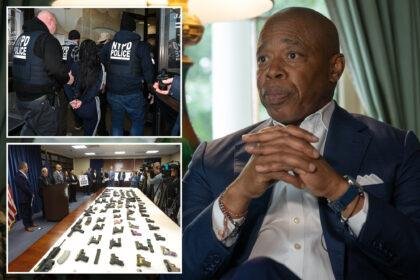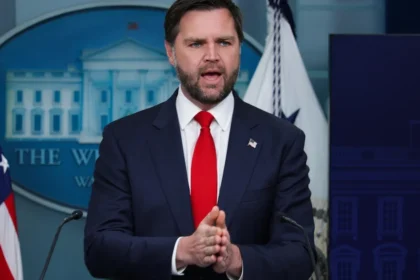Macron Faces Political Turmoil Amid Economic Pressures
In a day marked by uncertainty and introspection, French President Emmanuel Macron found himself at a crossroads, contemplating the future of his administration. Observers noted his solitary pacing along the banks of the Seine, a visual metaphor for the weight of the decisions he faces. The absence of public remarks from Macron only heightened the sense of isolation surrounding his leadership, as opposition parties swiftly criticized his latest political maneuvers.
A Day of Reckoning
The political landscape in France has become increasingly fraught, with Macron’s government under intense scrutiny. Following the resignation of Prime Minister Sébastien Lecornu, Macron’s efforts to stabilize his administration have been met with skepticism. Opposition figures, including Green lawmaker Sandrine Rousseau, dismissed the government’s attempts as mere theatrics. “Let’s move on. They are just trying to buy time; it’s ridiculous, it’s melodrama. Let’s stop this,” Rousseau stated, encapsulating the frustration felt by many.
Agnès Evren, a senator from the conservative Les Républicains party, echoed this sentiment, asserting that “trust is broken.” This sentiment reflects a broader disillusionment with Macron’s leadership, as he grapples with a coalition that appears increasingly fragile.
Economic Stakes
The stakes for France’s economy-and by extension, the European Union-could not be higher. With billions of euros in budget cuts necessary to maintain fiscal stability, the inability of French politicians to reach a consensus poses a significant risk. Analysts warn that failure to act could lead to international markets exerting pressure on the EU’s second-largest economy, potentially destabilizing the region.
Historically, France has faced economic challenges that have tested its political resolve. The 2008 financial crisis and subsequent Eurozone debt crisis serve as reminders of how quickly economic stability can erode. Macron’s current predicament is reminiscent of these past crises, where political indecision led to broader economic ramifications.
A Leadership in Crisis
Macron’s current situation is unprecedented in its severity. As he contemplates the future of Lecornu’s government, the president appears to have exhausted his options. Close advisers have indicated that if Lecornu fails to secure a deal by Wednesday, Macron may be forced to “face up to his responsibilities,” which could include calling for snap elections. This potential move underscores the gravity of the situation, as Macron seeks to regain control over a fractious political landscape.
The notion of snap elections is fraught with risk. While it could provide an opportunity for Macron to reassert his mandate, it also carries the potential for further political fragmentation. The French electorate has shown increasing volatility in recent years, as evidenced by the rise of populist movements and the decline of traditional party structures.
Historical Context
France’s political history is replete with instances of rapid change and upheaval. The Fifth Republic, established in 1958, has seen its share of crises, from the May 1968 protests to the challenges posed by the rise of the National Front. Each of these moments has tested the resilience of French democracy and the ability of its leaders to navigate complex political waters.
In this context, Macron’s current challenges can be viewed as part of a larger narrative of French governance. The president’s attempts to implement reforms have often been met with resistance, reflecting a deep-seated skepticism among the populace regarding political elites. This skepticism has only intensified in the wake of the COVID-19 pandemic, which exposed vulnerabilities in the French economy and public health system.
The Road Ahead
As Macron navigates this turbulent period, the question remains: what path will he choose? The potential for snap elections could either reinvigorate his presidency or plunge France into further uncertainty. The coming days will be critical, as the president weighs his options and considers the implications of his decisions.
In the meantime, the French public watches closely, aware that the outcomes of these political maneuvers will have lasting effects on their lives. The economic pressures facing the nation are palpable, and the need for decisive action has never been more urgent.
Conclusion
Emmanuel Macron stands at a pivotal moment in his presidency, grappling with the dual challenges of political instability and economic uncertainty. As he contemplates the future of his government, the stakes for France and the European Union are significant. The coming days will reveal whether Macron can navigate this crisis or if he will be forced to confront the electorate in a bid to reclaim his political footing. The eyes of the nation-and indeed, Europe-are fixed on the Seine, where the fate of a presidency hangs in the balance.




